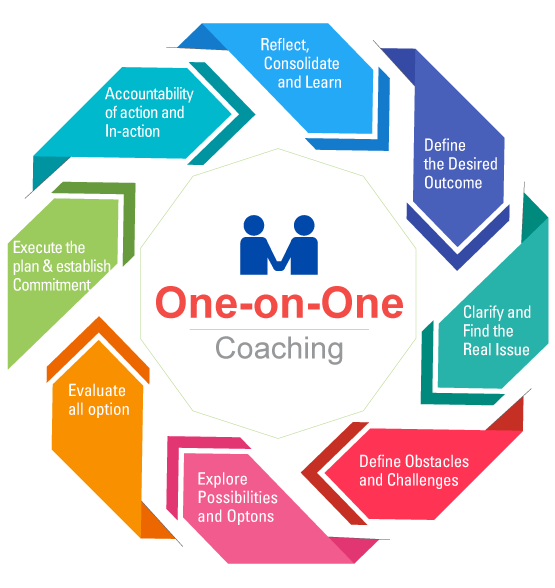
Introduction
In the world of coaching, building trust in coaching and authentic connections with coachees is paramount. These elements form the bedrock of a successful coaching relationship, fostering an environment where coachees feel safe, supported, and empowered to grow. This article delves into the significance of trust and authenticity in coaching, offering insights and strategies for coaches to cultivate these essential qualities.
The Importance of Trust in Coaching
Trust forms the foundation of any coaching relationship. It allows coachees to feel comfortable sharing their true thoughts and feelings. Without trust, progress can be hindered. Coaches can build trust by being consistent, reliable, and maintaining confidentiality.
Authenticity in Coaching
Authenticity means being genuine and transparent. It strengthens the coach-coachee relationship. Coaches should practice honesty, show empathy, and be true to themselves. This approach fosters a deeper connection with coachees.
Active Listening: A Key to Building Trust
Active listening involves fully engaging in the conversation. It shows coachees that their input is valued. Techniques include maintaining eye contact, nodding, and summarizing what the coachee says. Active listening builds trust and rapport.

Empathy and Understanding
Empathy involves understanding and sharing the feelings of others. It creates a supportive environment. Coaches can develop empathy by putting themselves in their coachees’ shoes and acknowledging their emotions.
Consistency and Reliability
Being consistent and reliable is essential. Coaches should be punctual, keep commitments, and follow through on promises. These actions build trust over time.
Ensuring Confidentiality
Confidentiality is crucial in coaching. Coachees need to feel confident that their personal information will remain private. Coaches should clearly communicate their confidentiality policies and adhere to them.

Building Psychological Safety
Psychological safety means creating a space where coachees feel comfortable taking risks and being vulnerable. Coaches can promote this by being non-judgmental and encouraging open communication.
Feedback and Encouragement
Constructive feedback and encouragement help coachees grow. Coaches should balance feedback with positive reinforcement. This approach fosters a supportive and motivating environment.
Cultural Sensitivity
Cultural sensitivity involves being aware of and respecting cultural differences. It builds trust and respect in the coaching relationship. Coaches should educate themselves about their coachees’ cultural backgrounds and adapt their coaching methods accordingly.

Continuous Improvement
Coaches should continuously work on their skills and seek feedback from coachees. This practice strengthens the coaching relationship and ensures ongoing development.
Conclusion
Building trust and authentic connections is at the heart of effective coaching. By implementing the strategies discussed, coaches can enhance their relationships with coachees and foster a supportive, growth-oriented environment.
I hope you found this article informative and helpful,
Don Merrill, Leadership Coach/Mentor
Don@CoachingSkillsforLeaders.org

PS: please share your thoughts in the comments below and/or repost this article for others to read. Thank you!
Related Articles:
Unleashing The Power Of Workplace Coaching For Organization Excellence This article discusses the impact of workplace coaching on organizational development and provides six tangible examples of its benefits.
Today’s Top 5 Trends In Executive Coaching – This article explores the latest trends in executive coaching, including the focus on leaders’ mental and emotional health, the growth of digital coaching, and the rise of team coaching.
Insights Into The Transformative Power Of Coaching Cultures – This article highlights the benefits of fostering a coaching culture within organizations and how it can lead to improved employee engagement, collaboration, and responsibility.
Related Books:
“The Coaching Habit: Say Less, Ask More & Change the Way You Lead Forever” by Michael Bungay Stanier: This book offers a practical approach to coaching with a seven-question formula that helps leaders have more effective conversations.
“Drive: The Surprising Truth About What Motivates Us” by Daniel H. Pink: This book explores the science of motivation and how it can be applied to coaching and leadership.
“Learning to Lead: The Journey to Leading Yourself, Leading Others, and Leading an Organization” by Ron Williams: This book offers valuable insights for leaders at any stage of their career, focusing on personal and organizational leadership.